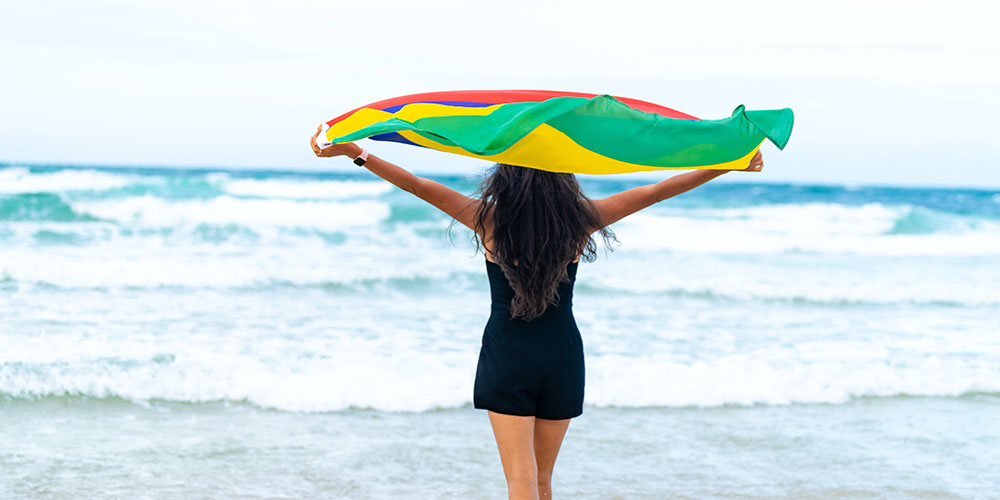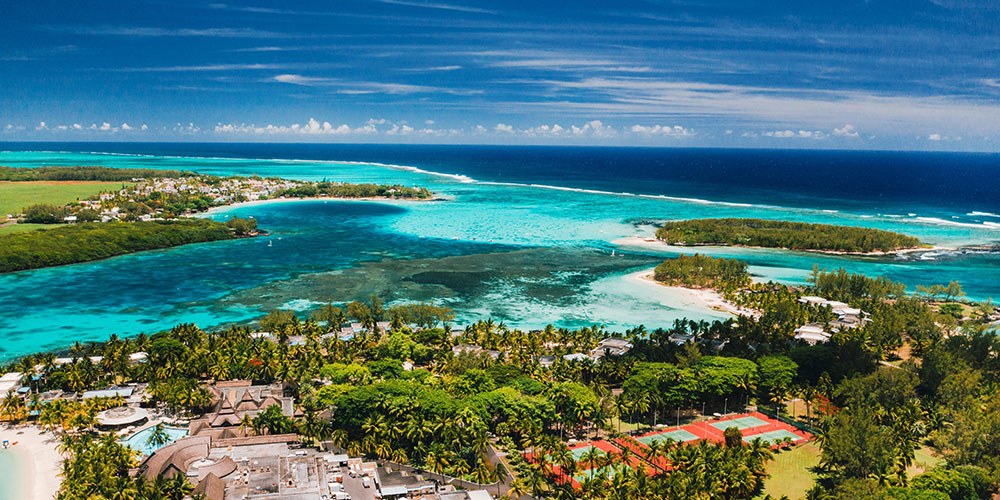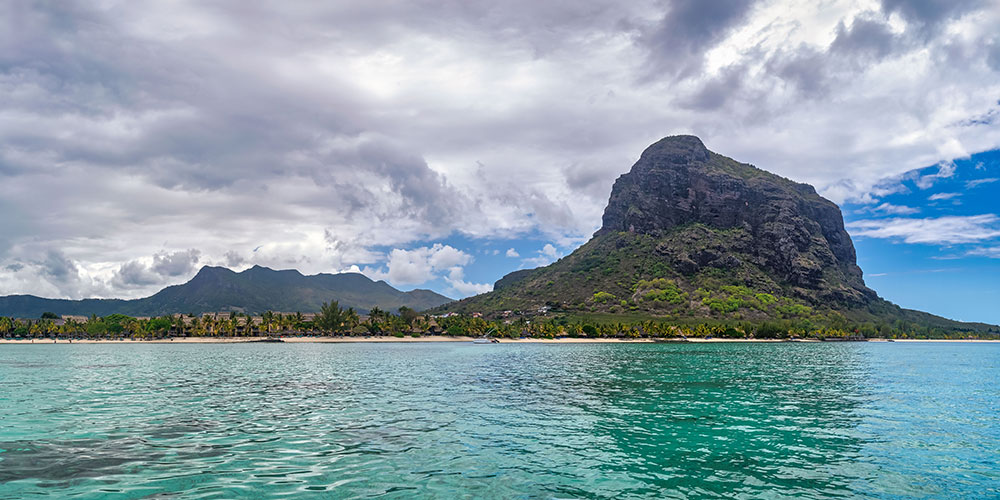
Cultural differences you should be aware of when moving to Mauritius
Mauritius is a multicultural and multilingual island with a rich and complex history that has shaped its present society. As a newcomer to Mauritius, you will have to adapt quite quickly and efficiently to the Mauritian way of life, so take the time to understand the cultural differences. Magellan gives you an insight into the main cultural differences to help you adjust to your new life in Mauritius.
Cultural values in Mauritius
Mauritian culture is influenced by a magnificent blend of African, Asian and European cultures. Also, Mauritians are famous for their friendliness and hospitality. Meals are often an occasion for family and friends to gather and share traditional dishes such as curry or broth.
Tolerance is another essential value in Mauritius. Mauritians, in general, are open-minded and welcoming to foreigners. Respect is also fundamental in Mauritian culture. For instance, Mauritians have great respect for the elderly and the authorities.
The Mauritian way of life
The Mauritian way of life can differ significantly from what you are used to in your home country. Mauritians’ lives are relatively quiet, with great emphasis on family and leisure. Food is central to Mauritian culture, with traditional dishes usually comprising rice, lentils and vegetables.
Cultural traditions are omnipresent in Mauritius, with religious festivals throughout the year, such as Diwali, the festival of lights for the Hindus; Eid, which marks the end of the holy month of Ramadan; and Christmas for Christians.
Since Mauritius is an island, its inhabitants enjoy a wide range of water sports and outdoor activities, including fishing, scuba diving and hiking.
Did you know?
The Dutch were the first Europeans to arrive on the island in 1598. They named the island ‘Mauritius’ after Prince Mauritz Van Nassau (Maurice of Nassau).
Social norms in Mauritius
In Mauritius, social norms are based on respect, politeness and greetings. Mauritians are indeed very attached to greetings, which can be very formal, depending on the situation. Greetings are particularly important during interaction with older people or authorities.
Besides, the professional dimension of social norms is quite particular, so make sure to be aware of them and put them into practice in order to avoid cultural faux pas.
Language differences in Mauritius
Mauritian Creole, French and English are the most commonly spoken languages in Mauritius. While English is the official language, French is mainly spoken in business and administration and in the media. However, most official documents are in English, which is also taught in schools. Mauritian Creole is the vernacular language.
It’s worth noting that Mauritian Creole is a distinct language from that spoken in the West Indies. Cultural attitudes towards these different languages also vary, with generational and cultural differences to be considered.
The Mauritian history and culture
Mauritian history is fascinating as it results from the influence of different nations that have shaped Mauritian society as it is today. The Dutch were the first nation to colonise the island in 1598, followed by the French in 1715 and then the British in 1810. British colonisation had a significant impact on the island, especially in terms of language, religion and culture.
The British introduced the English language and encouraged the immigration of Indians and Chinese to work in sugar cane plantations. This immigration has had great influence on Mauritian cuisine, which is an unparalleled mixture of Indian, African, Chinese and European flavours.
The takeaway
Although Mauritius offers a unique and enriching experience, moving here as an expat requires adapting to local cultural differences. You should, therefore, carefully consider cultural values, way of life, social norms and language differences should be considered for better integration into Mauritian society.
Once you have settled in Mauritius, you will be able to enjoy various benefits, especially the labour market’s openness, with many opportunities for international talent seeking good quality of life, political and economic stability, and a strategic position in the region.
Moving to Mauritius is a wise option for anyone seeking a rewarding professional and personal experience in an idyllic setting.







Leave a Reply